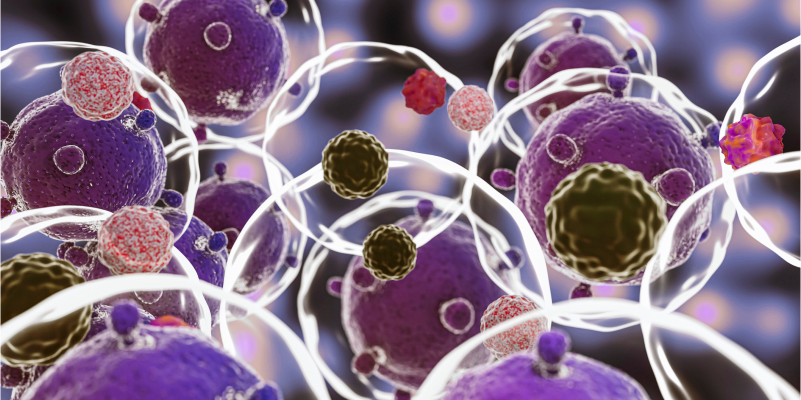
Cancer-related fatigue is a common and distressing symptom experienced by individuals undergoing cancer treatment. It is characterized by persistent and overwhelming exhaustion that is not relieved by rest or sleep. While physical effects of fatigue are widely recognized, the psychosocial impact of cancer-related fatigue is equally significant. This article aims to explore the emotional and psychological toll that fatigue can have on individuals and discuss strategies for support and self-care.
Managing the psychosocial impact of cancer-related fatigue involves adopting effective coping strategies and seeking appropriate support. Below are some strategies that can help individuals navigate the emotional and psychological challenges associated with fatigue:


Providing adequate support to individuals experiencing cancer-related fatigue requires a comprehensive understanding of their emotional and psychological needs. The following strategies can help healthcare professionals, friends, and family members offer effective support:


The psychosocial impact of cancer-related fatigue is significant and must not be overlooked. Individuals experiencing fatigue often face emotional and psychological challenges, including depression, anxiety, social isolation, and body image concerns. Implementing effective coping strategies, such as open communication, support groups, counseling, mindfulness techniques, and self-care, can help individuals navigate these challenges. Furthermore, providing appropriate support involves understanding the emotional toll of fatigue and offering validation, active listening, flexibility, and practical assistance. Together, healthcare professionals, friends, and family members can create a supportive environment that acknowledges and addresses the psychosocial impact of cancer-related fatigue, enabling individuals to better manage their emotional well-being and overall quality of life throughout their cancer journey.

Dr. Yakov Freed

Dr. Yakov Freed